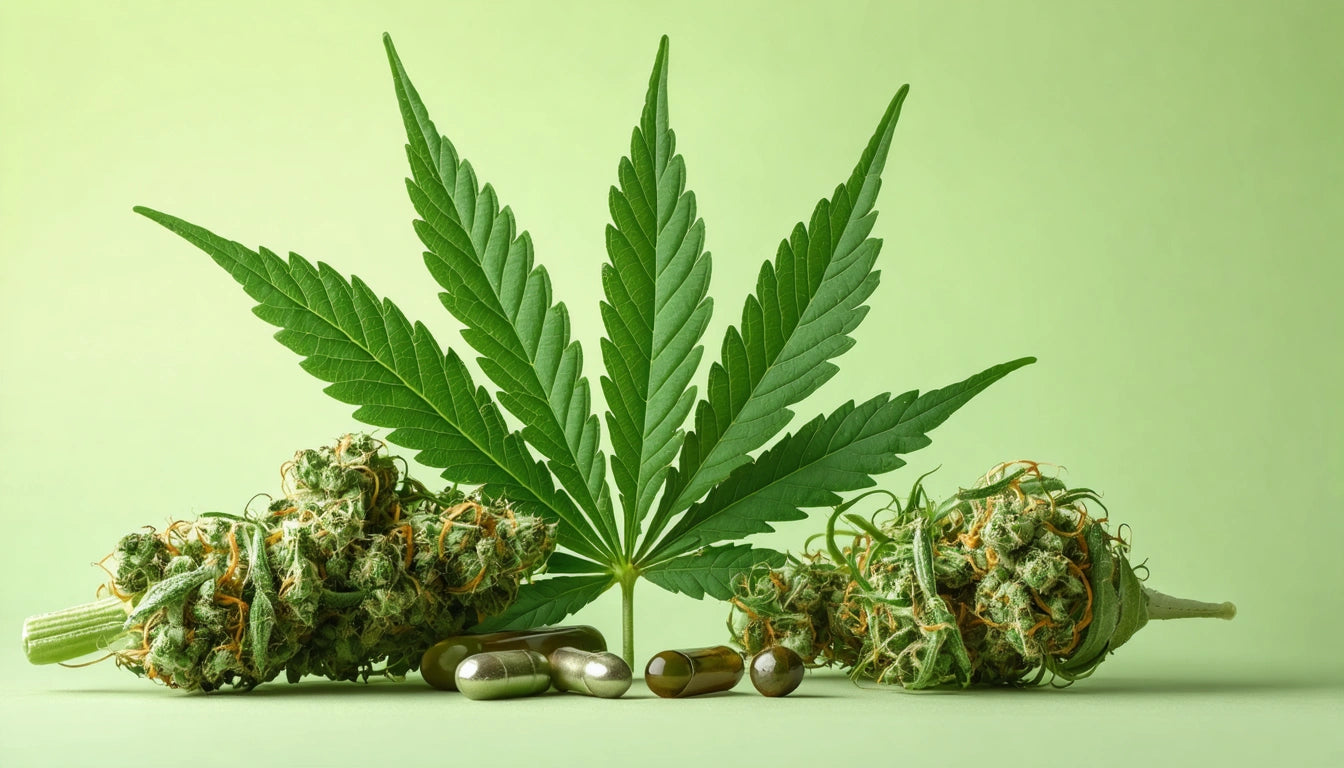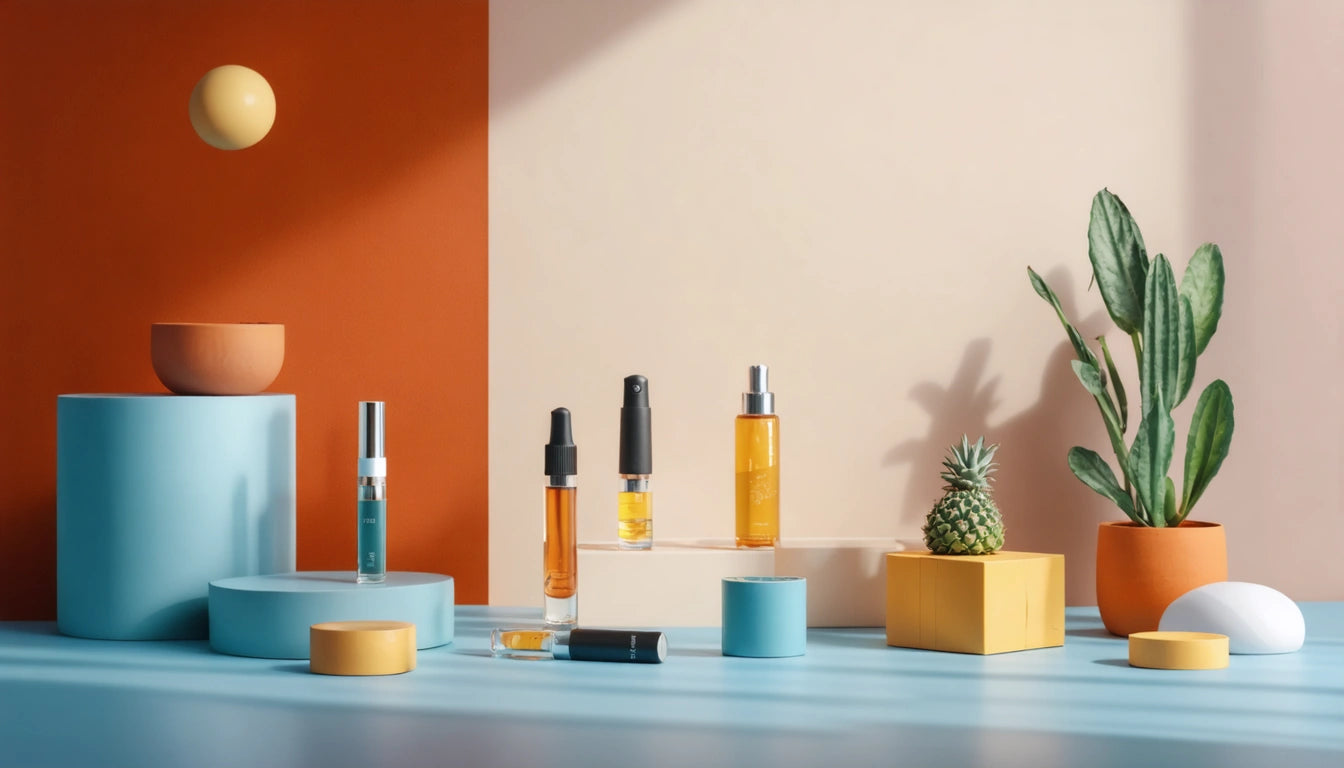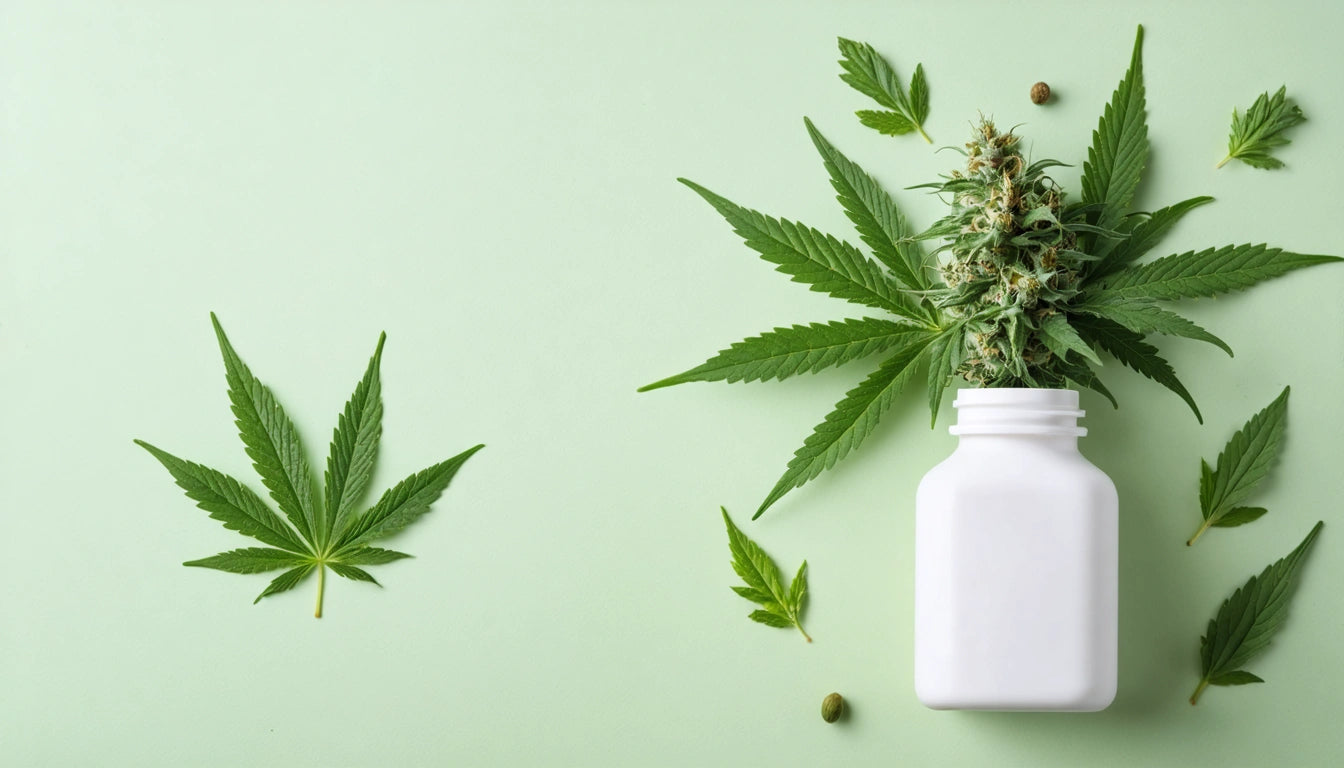Table of Contents
- Cannabis Compounds and Their Psychoactive Properties
- Different Parts of the Cannabis Plant and Their Effects
- Medical Marijuana: Will It Make You High?
- Cannabis Oil and Its Psychoactive Potential
- Common Myths and Truths About Enhancing Cannabis Effects
- Key Takeaways for Understanding Your Cannabis Experience
Understanding How Cannabis and Its Components Affect Your High Experience
Cannabis affects everyone differently, with various factors influencing whether you'll experience a high. From the specific plant parts used to the consumption method, understanding these elements helps consumers make informed choices about their cannabis experience. This guide explores what makes cannabis psychoactive and clarifies common misconceptions about different cannabis products.
Cannabis Compounds and Their Psychoactive Properties
The primary compound responsible for cannabis's psychoactive effects is delta-9-tetrahydrocannabinol (THC). When THC enters your bloodstream, it binds to cannabinoid receptors in your brain, triggering the release of dopamine and creating the sensation we recognize as a high. Understanding why cannabis makes you high requires looking at how these compounds interact with your endocannabinoid system.
Other phytocannabinoids present in cannabis include:
- CBD (Cannabidiol): Non-intoxicating, may moderate THC effects
- CBN (Cannabinol): Mildly psychoactive, often found in aged cannabis
- CBG (Cannabigerol): Non-intoxicating, considered the "mother cannabinoid"
- THCV (Tetrahydrocannabivarin): May produce a clear-headed, stimulating effect
While THC is the primary intoxicating compound, the overall experience is influenced by the entourage effect, where multiple cannabis compounds work together to produce unique effects beyond what any single compound could create alone.
Different Parts of the Cannabis Plant and Their Effects
Flowers (Buds)
Cannabis flowers contain the highest concentration of cannabinoids and terpenes. These resin-covered buds are the most potent part of the plant and the primary source of psychoactive effects. When properly stored in high-quality storage solutions like mylar bags, these potent flowers maintain their cannabinoid profile and effectiveness much longer.
Leaves
Do pot leaves get you high? Fan leaves contain minimal THC compared to flowers, typically less than 1%. While consuming raw cannabis leaves is unlikely to produce noticeable psychoactive effects, sugar leaves (the small leaves close to the buds) contain more trichomes and thus more THC. These sugar leaves are sometimes used in edibles or extracts.
Stems and Seeds
Cannabis stems contain trace amounts of THC but not enough to produce intoxication. Seeds contain virtually no THC and have no psychoactive properties. Neither plant part is typically used for consumption specifically for psychoactive effects.
Highlight: The psychoactive effects of cannabis come primarily from the trichome-rich flower buds, not from the leaves, stems, or seeds of the plant.
Medical Marijuana: Will It Make You High?
Does medical marijuana make you high? The answer depends on the specific formulation. Medical cannabis products vary widely in their THC content:
- High-THC varieties: Will produce psychoactive effects similar to recreational cannabis
- Balanced THC:CBD varieties: Produce milder psychoactive effects
- CBD-dominant varieties: Produce minimal to no intoxication
- THCA products: Non-intoxicating until decarboxylated (heated)
Many medical cannabis patients seek therapeutic benefits without intoxication, which is why many medical programs offer products with varying ratios of cannabinoids. Exploring the effects and myths around medical cannabis can help patients better understand their options.
Cannabis Oil and Its Psychoactive Potential
Does cannabis oil make you high? The answer depends on what type of cannabis oil you're referring to:
- Full-spectrum CBD oil: Contains trace amounts of THC (usually <0.3%), typically not enough to cause intoxication
- Broad-spectrum CBD oil: THC has been removed, no psychoactive effects
- CBD isolate oil: Contains only CBD, no psychoactive effects
- THC oil/distillate: Contains concentrated THC, definitely psychoactive
- RSO (Rick Simpson Oil): High in THC, produces strong psychoactive effects
The extraction method, cannabinoid profile, and consumption method all influence whether an oil product will produce psychoactive effects. Understanding how consumption affects your experience is crucial when using cannabis oils.
Common Myths and Truths About Enhancing Cannabis Effects
Vitamin C and Cannabis
Does vitamin C make you higher on weed? This is largely a myth. There's no scientific evidence that vitamin C enhances THC absorption or intensifies cannabis effects. This misconception may stem from the fact that some terpenes found in citrus fruits are also present in certain cannabis strains, but consuming vitamin C or citrus won't amplify your high.
Other Compounds and Their Effects
Will phytocannabinoids get you high? Not all of them. While THC is psychoactive, most other phytocannabinoids like CBD, CBG, and CBC don't produce intoxication on their own. However, they may influence how THC affects you through the entourage effect.
Some users report that certain foods or activities might influence their cannabis experience:
- Mangoes: Contain myrcene, a terpene also found in cannabis
- Exercise: May temporarily boost blood flow and potentially affect cannabinoid absorption
- Fatty foods: May increase absorption of cannabinoids when consumed with edibles
While anecdotal reports exist, scientific evidence regarding these potentiation methods remains limited.
Key Takeaways for Understanding Your Cannabis Experience
The cannabis experience varies significantly between individuals based on factors including:
- Cannabinoid profile of the product
- Individual body chemistry and tolerance
- Consumption method (smoking, vaping, edibles)
- Dosage and potency
- Setting and mindset during consumption
If you're not experiencing expected effects from cannabis, there could be several explanations. Understanding why you might not feel high can help troubleshoot issues like product quality, tolerance development, or individual variations in metabolism.
For those using cannabis medicinally or recreationally, understanding these factors helps set appropriate expectations and achieve desired outcomes. Whether seeking therapeutic benefits without intoxication or intentionally pursuing psychoactive effects, knowledge about cannabis components and their properties empowers consumers to make informed choices.











Leave a comment
All comments are moderated before being published.
This site is protected by hCaptcha and the hCaptcha Privacy Policy and Terms of Service apply.